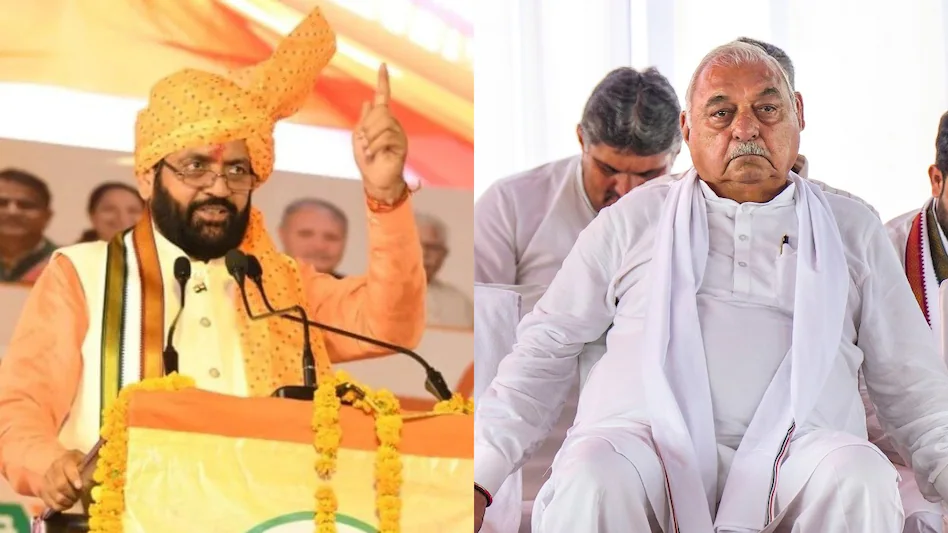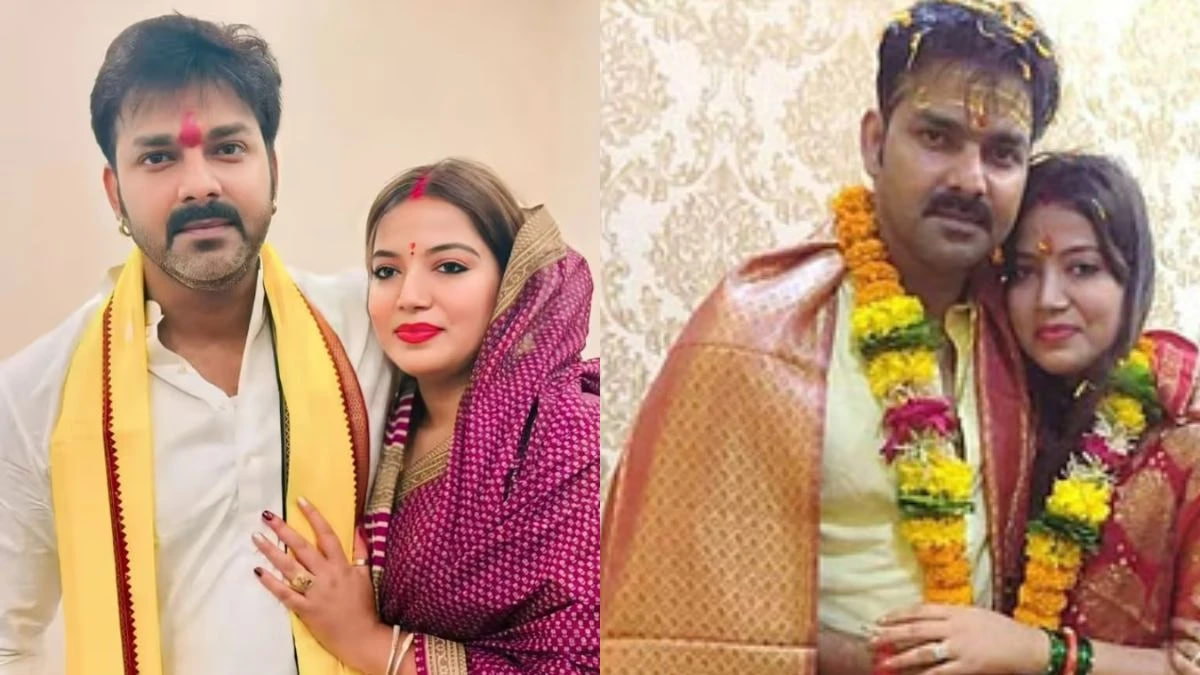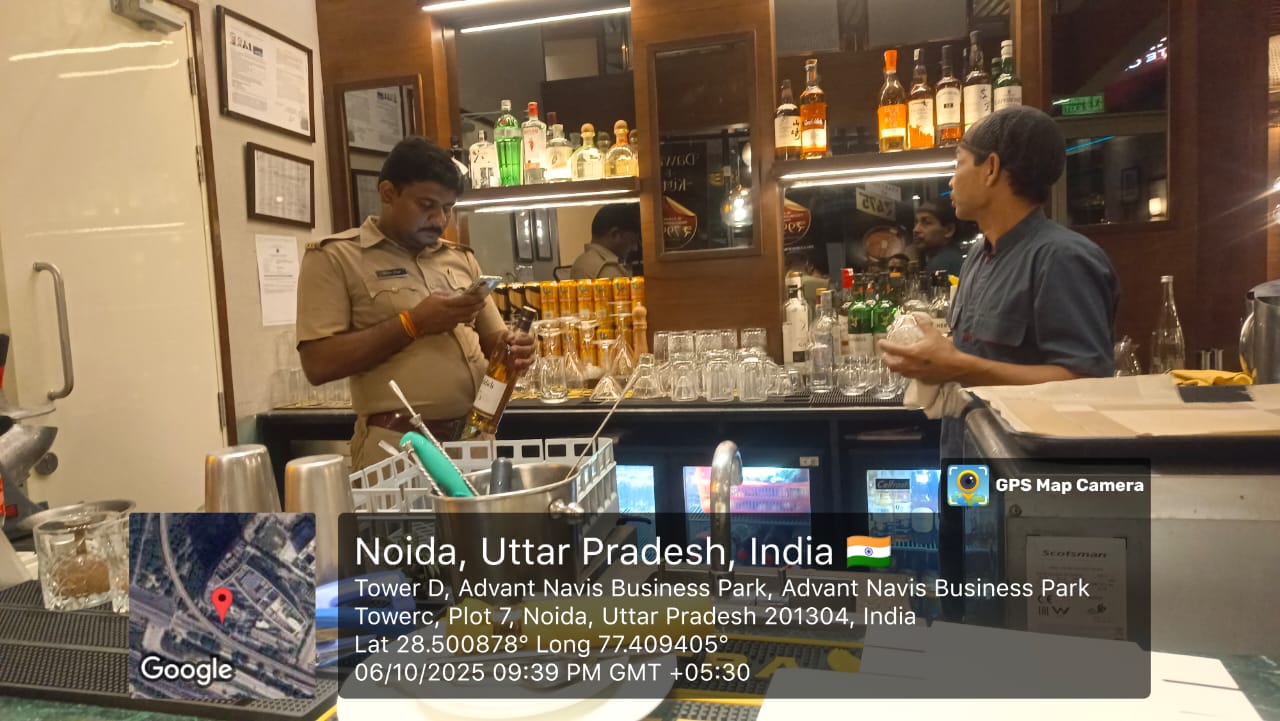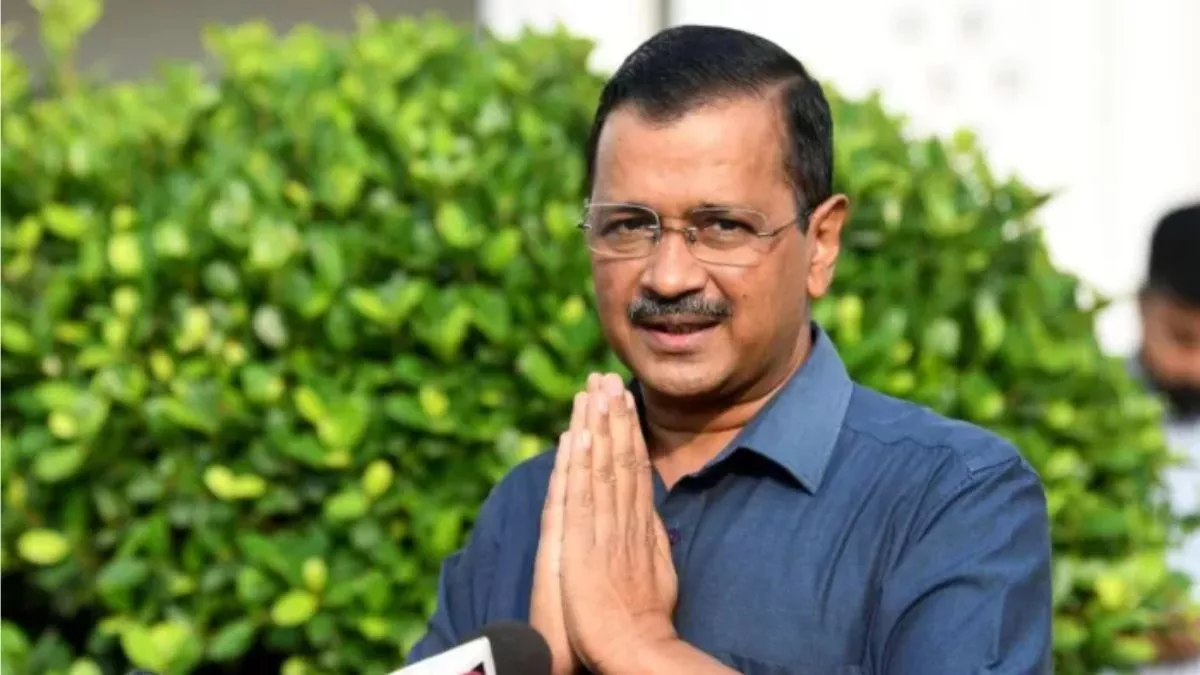खासकर जब विपक्ष हारता है, तो ये सवाल अधिक मुखर हो जाते हैं। आज के चुनाव परिणामों में बीजेपी की जीत के बाद फिर से विपक्ष की ओर से ईवीएम और चुनाव आयोग पर उंगलियां उठाई जा रही हैं।
Opposition's double standards on EVM and Election Commission: Questions on defeat, why silence on victory?

Questions raised by opposition parties on Electronic Voting Machines (EVM) and Election Commission (EC) after election results have now become a common phenomenon. Especially when the opposition loses, these questions become more vocal. After BJP's victory in today's election results, fingers are again being pointed at EVM and Election Commission by the opposition. But the question here arises that when BJP had to face defeat unexpectedly in the by-elections of Uttar Pradesh and other states just a few days ago, why did the opposition parties remain silent on these issues? At that time, neither any questions were raised on EVM nor any doubt was raised on the impartiality of the Election Commission. This political game is not hidden from anyone. As soon as they lose the elections, opposition leaders and their supporters start raising questions on the functioning of EVMs and the transparency of the Election Commission, whereas silence is maintained on these issues at the time of victory. Does democracy have the right to question the election process and independent institutions only when the election results are not in their favor? This double standard is not only an insult to the understanding of the people but also creates an atmosphere of distrust in democratic institutions. Personalities like Neha Singh Rathore, who question EVMs and the Election Commission after the election results, should answer for their double standards. When the BJP faced a crushing defeat in the UP by-elections and the opposition registered a big victory, no questions were raised on EVMs or the impartiality of the Election Commission. It seems that the opposition finds the election process and EVMs credible only when the results are in their favour, and when the results go against them, raising questions on the institutions becomes a part of their strategy.
The Election Commission has proved its transparency and impartiality many times. Clarifications have also been given many times on the security of EVMs and their functioning. Despite this, the opposition's questioning of EVMs and the Election Commission after losing every election is an attempt to hide their political failure. If the opposition really has any doubts about these institutions, they should register their objections through legal and constitutional means, and not resort to baseless allegations on social media. It is also worth noting that questioning EVMs has become a major tactic not only of the opposition parties, but also of their supporters and their spokespersons active on social media. Expressing distrust in the election process as soon as one loses not only tarnishes the image of democratic institutions, but also creates confusion among the public. The opposition should understand that electoral victory and defeat is an integral part of democracy, and accepting it is the true identity of democratic values. There is victory and defeat in every election, and it is the responsibility of both the opposition and the ruling party to respect the will of the public. But the strategy of the opposition parties to not question the impartiality of EVMs and the Election Commission on victory, and to express distrust in these institutions as soon as one loses, somewhere reflects their political insecurity and frustration.
In democracy, institutions like the Election Commission are not important only when the result is in your favor. Even when the opposition wins, these same institutions govern the election process. In such a situation, when opposition leaders and their supporters question these institutions only at the time of defeat, it is clear that their real purpose is not to question the election process, but to find an excuse for their defeat. The public has now become wise. It knows how political parties question the election process to hide their failures. In democracy, both defeat and victory are the voice of the public, and respecting this voice should be the hallmark of a true democratic leader. If opposition parties and their supporters really believe in democracy and independent institutions, then they should accept the election results and introspect, and not blame EVMs and the Election Commission every time after a defeat. Therefore, the attitude of the opposition to remain silent when it wins and raise questions when it loses, not only weakens the foundation of democracy, but also raises questions on their political maturity.







COMMENTS